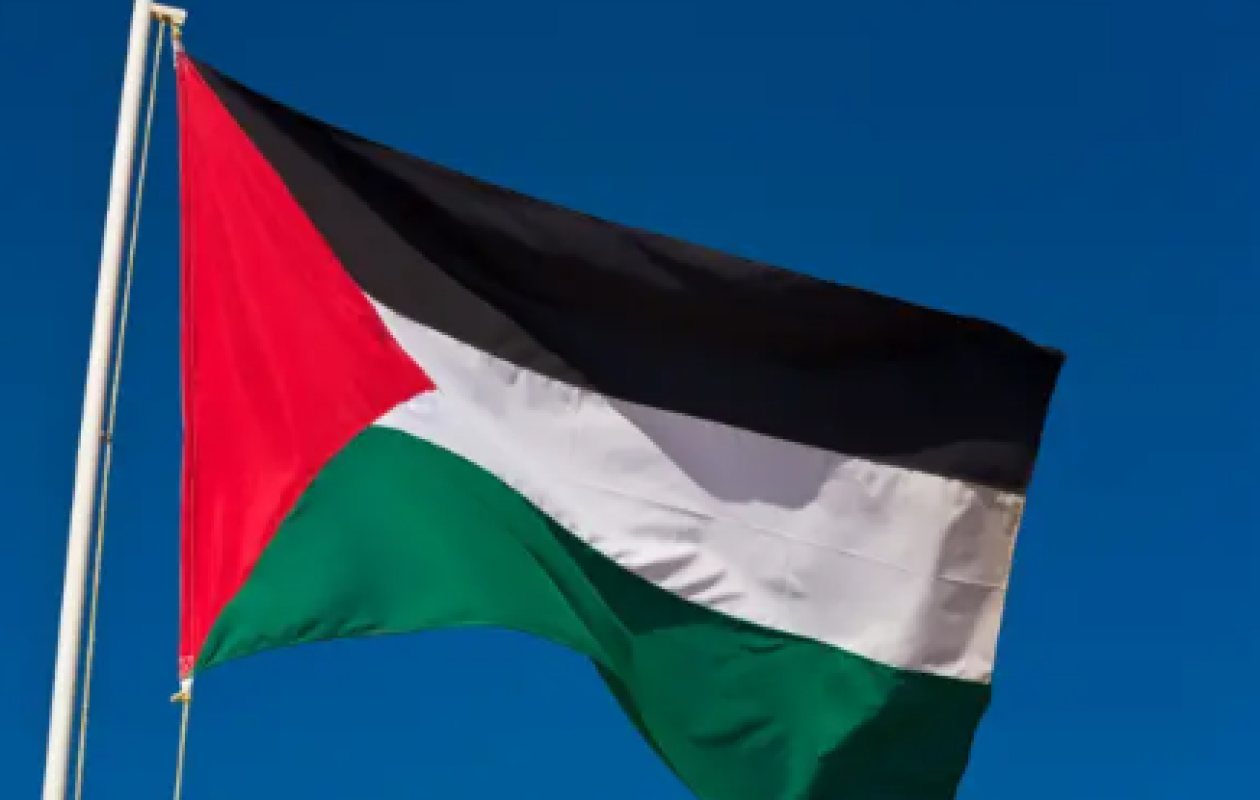
Etat de Palestine: qui reconnaît, ou pas ?
After nearly two years of war in the Gaza Strip, the United Kingdom, Canada and Australia recognized the State of Palestine on Sunday, and France and other countries are expected to follow suit on Monday in New York.
Questions and answers about the diplomatic recognition of this state proclaimed by the Palestinian leadership in exile in 1988, while Israel currently occupies the West Bank and the Gaza Strip is largely destroyed.
- Which countries recognize or want to recognize the State of Palestine?
Three-quarters of the UN countries.
According to AFP verification, at least 144 of the 193 UN member countries already recognize the State of Palestine, with AFP not having obtained recent confirmation for three African countries.
This tally includes the United Kingdom and Canada—the first G7 countries to make such recognition—and Australia. They are expected to be followed by Portugal, and several other countries (France, Belgium, Luxembourg, Malta, etc.) on Monday at the summit co-chaired by France and Saudi Arabia on the future of the two-state solution.
Russia, Arab countries, almost all of Africa and Latin America, and the vast majority of Asian countries, including India and China, are already on this list.
Algeria was the first country, on November 15, 1988, to recognize the State of Palestine, just after its proclamation in Algiers by the historic leader of the Palestine Liberation Organization (PLO), Yasser Arafat.
Dozens of countries would follow soon after, and then, in a second wave, twenty years later.
Israel's war in Gaza, waged in response to the unprecedented attack on its soil by the Palestinian Islamist movement Hamas on October 7, 2023, has led to a new round of recognition, already by twelve countries.
- Who doesn't recognize?
At least 46 countries currently, with the United States and Israel at the forefront. Benjamin Netanyahu's government completely rejects the idea of a Palestinian state, and in 2024, the Israeli parliament passed a resolution opposing its creation.
Also countries allied to one and/or the other: such as Japan, South Korea or Singapore, in Asia, Cameroon, in Africa, Panama, in Latin America, and most of the countries of Oceania.
The European continent is the most divided, practically 50-50. Until the 2010s, the only countries recognizing the State of Palestine were, besides Turkey, those of the former Soviet bloc. But some, such as Hungary and the Czech Republic, now consider that they have not made bilateral recognition.
Until the start of the Gaza war, Western and Northern Europe were unanimous in their support for non-recognition, with the exception of Sweden since 2014. But in 2024, Norway, Spain, Ireland, and Slovenia followed Stockholm's lead, followed by the United Kingdom on Sunday. Conversely, Italy and Germany are not considering it.
- What is the recognition of a country?
A complicated question in international law, "a bit halfway between politics and law," according to Romain Le Boeuf, professor of international law at Aix-Marseille University.
"States are free to choose the time and form of recognition," with "very variable" forms, explicit or implicit, he explained to AFP.
"We don't have a recognition registry. The Palestinian Authority puts on its own list all the acts it considers to be acts of recognition, but in a purely subjective manner. In the same way, other states will say that they have recognized or not, but without really having to justify themselves," he continues.
On the other hand, "international law is quite clear: recognition does not create the State, nor does the absence of recognition prevent the State from existing," continues Mr. Le Boeuf, the elements of existence of a State being a territory, a population and an independent government.
While the scope of state recognition is "largely symbolic and political," in the case of Palestine, that still represents three-quarters of the countries "who tell you that Palestine meets the necessary conditions" to be a state, he emphasizes.
"In terms of symbolism, it's kind of a game changer," Franco-British lawyer and law professor Philippe Sands told the New York Times in mid-August.
"Because once you recognize Palestine as a state, (...) you essentially put Palestine and Israel on an equal footing in terms of their treatment under international law."
Commentaires (3)
Participer à la Discussion
Règles de la communauté :
💡 Astuce : Utilisez des emojis depuis votre téléphone ou le module emoji ci-dessous. Cliquez sur GIF pour ajouter un GIF animé. Collez un lien X/Twitter, TikTok ou Instagram pour l'afficher automatiquement.